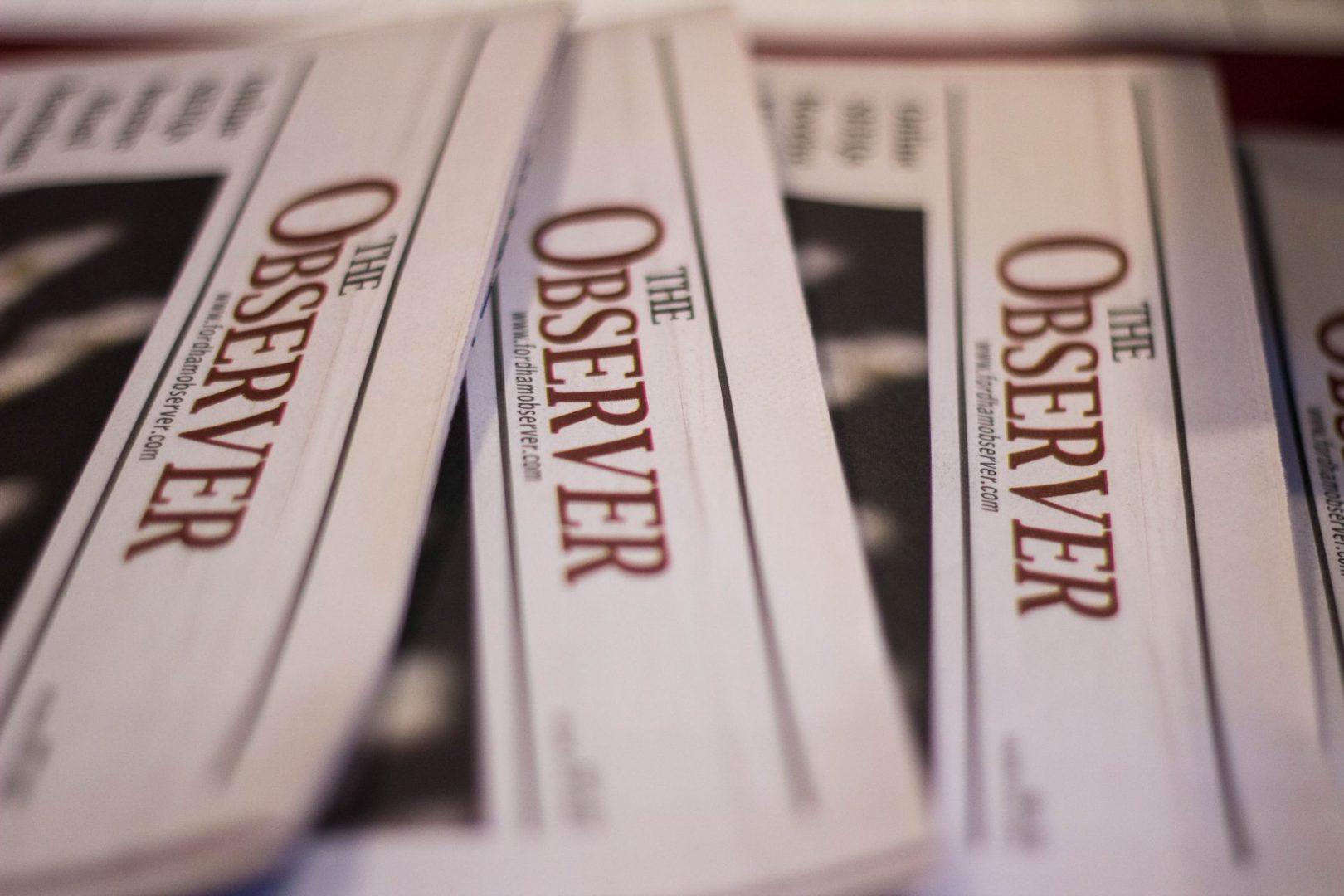Staff Editorial: Education Hinges on Accessibility
February 19, 2019
Equal access to education is a right. But for those with disabilities, physical or otherwise, the pursuit of education has been made significantly more difficult due to lacking accommodations. An education at Fordham is meant to open doors for students — but for some, there are many doors that remain shut.
At Lincoln Center, if a student wants to enter or exit McMahon Hall, they must push or pull. If they cannot do so, there is no button to open the doors automatically. This missing accommodation is just one of many that are not only an inconvenience to Fordham students with disabilities, but an evident disadvantage.
For example, there is only one elevator in Lowenstein that travels to the street level. Those unable to take the escalator up to the indoor plaza are consequently forced to wait even longer in a building already known for its crowded and slow elevators. All other accessible elevators to the plaza put Lowenstein-bound students on the wrong side of non-automatic doors.
In Fordham’s newest facility, the turnstile at the entrance to McKeon Hall dorms near the Community Dining Hall is similarly inaccessible to students with physical disabilities. While there is a glass door adjacent to it, that door cannot be opened with a student ID. Students unable to use the turnstile need to travel across the building to the main McKeon entrance — where the elevator banks lack automatic doors.
The fact that Fordham is a dense and vertical campus makes improving accessibility challenging, but all the more essential. If the university is the world-class institution it claims to be, it should provide equal accommodations to all students.
Accommodations for students with disabilities should be a basic right. In grade school, if teachers noticed a student was squinting to see the chalkboard, they would send a note home saying the student needs glasses. And then the student would get glasses. Accommodations are as simple as that.
According to the Americans with Disabilities Act (ADA), Fordham must provide reasonable access to students with disabilities. Although Fordham’s campus meets basic ADA regulations, inclusivity means more than just compliance with the law. We need to open Fordham’s doors as wide as possible.
Fordham has room for improvement, and it can and must swiftly implement changes to benefit students with disabilities. Necessary accommodations entail only reasonable adjustments and modifications to an environment, like providing a note-taker for students or installing a ramp. Even basic changes on a small scale would have a transformative impact.
Fordham has a substantial budget allocated to improve the university, and rising enrollment numbers make expansion at our campus inevitable. The administration should prove its commitment to accessibility by keeping students with disabilities in mind when choosing which parts of Lincoln Center to renovate.
It is challenging enough for people with disabilities to live in and navigate New York City. From cramped coffee shops to apartment buildings without elevators to an infamously inaccessible subway system, the city is often hostile to people with physical disabilities.
Fordham does not have to mirror New York City’s failings. Our university is home to many and a place of inclusion and care, and should open the door to all students.












